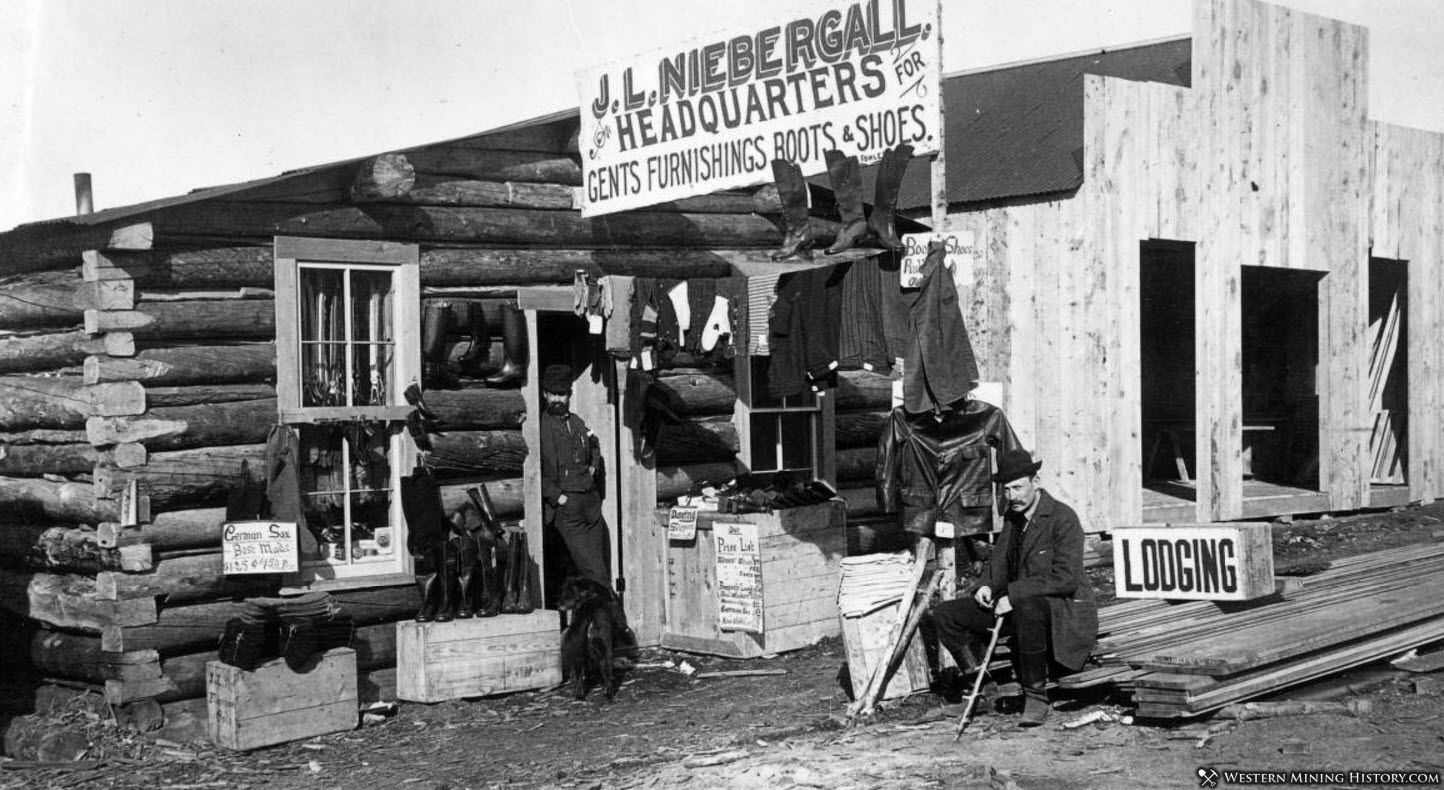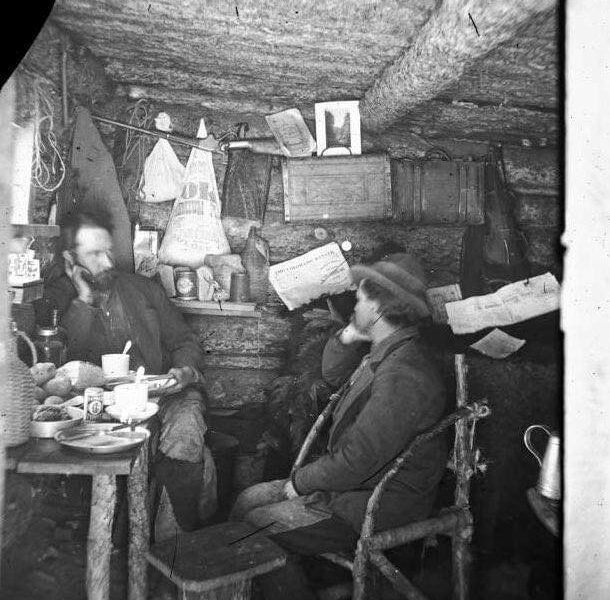Inside a Miner’s Cabin in Colorado, 1890
The late 19th century saw a surge of prospectors flocking to Colorado in search of fortune, driven by the promise of gold and silver. The miners who braved the rugged landscapes and harsh winters lived in simple yet functional cabins, which served as their sanctuary from the demanding work in the mountains.

A Modest but Practical Home
A typical miner’s cabin in Colorado during the 1890s was a small, one-room structure made of rough-hewn logs or simple wooden planks. These cabins were built quickly and inexpensively, prioritizing shelter over comfort. A stone fireplace or an iron stove dominated one corner, providing much-needed warmth against the freezing mountain nights.

Furnishings were minimal—a rough wooden table, a few chairs, and a narrow cot covered with a thin blanket. Many miners hung their tools and clothing on the walls, keeping them within easy reach. Shelves held tin plates, cups, and an assortment of dry goods, such as flour, beans, and coffee, essential for survival.
Daily Life in the Cabin
After long, grueling hours in the mines, the cabin became a refuge where miners could rest and recover. Evenings were spent repairing tools, mending clothes, or sharing stories of riches found—or lost. Some cabins might house more than one miner, forcing men to share the small space in an effort to conserve warmth and resources. Despite the cramped quarters, a sense of camaraderie often emerged, as miners relied on one another to endure the hardships of their profession.

A Harsh but Hopeful Existence
Life in a miner’s cabin was far from luxurious. Water had to be hauled from nearby streams, food was often scarce, and disease was a constant threat. However, the promise of striking it rich kept many hopeful, enduring these harsh conditions with dreams of prosperity.

Today, the remnants of these cabins stand as silent witnesses to the determination and resilience of Colorado’s miners, offering a glimpse into a bygone era of American history.

